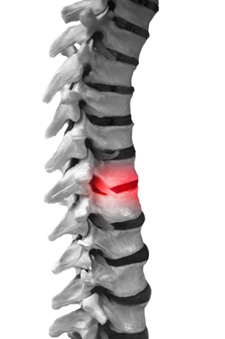Chiropractic Care
 Chiropractic treatment involves a variety of manual therapies, not just spinal manipulation.
Chiropractic treatment involves a variety of manual therapies, not just spinal manipulation.
Chiropractors often employ techniques such as soft tissue therapy, assisted stretching, mobilization, lifestyle education, exercise rehabilitation and traction in addition to joint manipulation, which is more commonly associated with chiropractic care.
Most importantly, chiropractic care can be helpful for the entire musculoskeletal system, not just for back and neck pain. Whether stiff and achy knees, sports related injuries, pinching shoulders or cramping hands, consider a chiropractic consultation for health care advice.
Once in the office, your chiropractor will conduct a detailed assessment, leading to a neuromusculoskeletal diagnosis and propose a treatment plan tailored to your needs.
Chiropractic care strategies include:
- Crisis/Relief care, which is provided for relief of immediate pain, restricted mobility and discomfort. Depending on the diagnosis, your age, physical condition, how long you have had the current complaint, and previous injuries, a few or several visits over a relatively short period of time may be necessary.
- Corrective care treats conditions that are more severe, recurring or that have existed with or without pain for some time. These may require a longer, more complex period of care. Once the severity of your condition has decreased through relief care, corrective care helps to restore normal function to your spine, muscles, supporting tissues and the nerves affected by them.
- Supportive care helps you maintain and preserve the benefits you’ve achieved from relief and corrective care. Chiropractors are also trained to detect conditions in their early stages, often before you feel pain or reduced mobility. Your chiropractor will work with you to find a maintenance schedule that suits your condition, health care goals, and lifestyle.
For additional interest in Acupuncture Services or Active Release Therapy, consult with Dr. Robert Rodine.
 Request Appointment
Request Appointment Email Us
Email Us


